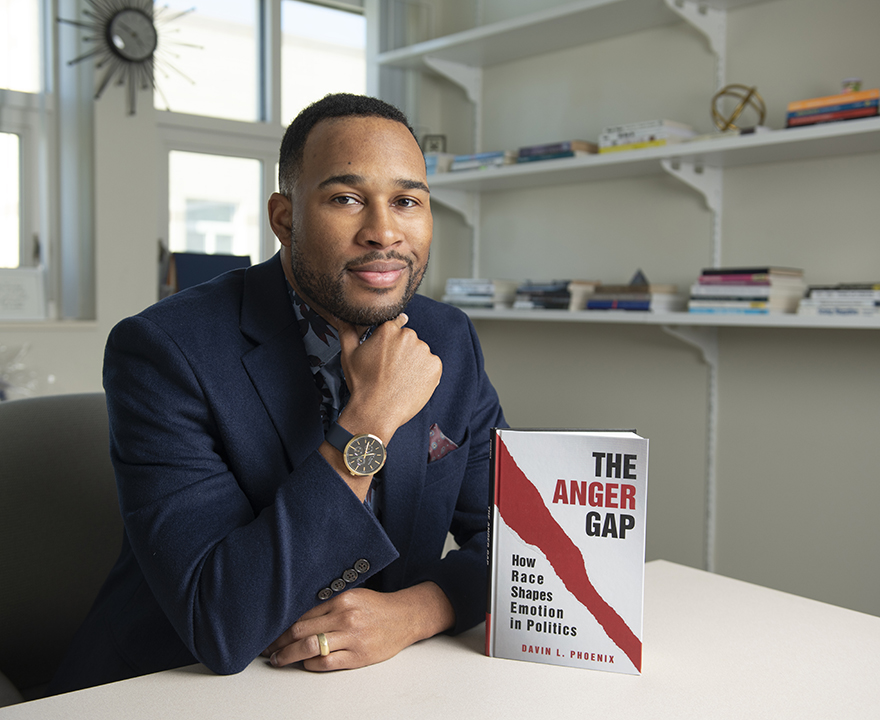Anger benefits some Americans much more than others

Anger benefits some Americans much more than others
- June 8, 2020
- Davin Phoenix, poli sci, explains in this op-ed for The New York Times
The protests against police brutality gripping the nation are a study in contrast — notably, the contrast between the government response to the current unrest and its response to last month’s demonstrations.
When an armed makeshift militia showed up at the Michigan State Capitol to demand the state be reopened — even as coronavirus cases were growing — President Trump hailed them as “very good people.” As thousands of people descended upon city streets in mostly peaceful yet forceful calls for an end to extrajudicial police killings of black people, the president denigrated them as “thugs,” demanded that state governors “dominate” them and called for the U.S. military to be activated against its own citizenry.
This contrast is nothing new. Black people have long sought means of collective action that circumvent electoral or judicial routes, reflecting their well-earned skepticism that such routes will bring about the desired change. And the government response to this collective action has often been characterized by a focus on surveillance and criminalization not applied to collective actions led by aggrieved white Americans.
Read on, courtesy of The New York Times: https://www.nytimes.com/2020/06/06/opinion/george-floyd-protests-anger.html.
Share on:
Related News Items
- Voter participation gap AND "Grace Kelly With Strings: At The Movies"
- Commemorating Juneteenth
- The catch-22 facing Black voters at the ballot box
- Phoenix is named an inaugural UCI Inclusive Excellence Term Chair Professor
- Opinion: Rep. Maxine Waters voiced the anger of many Black Americans. That's important, politically.

connect with us